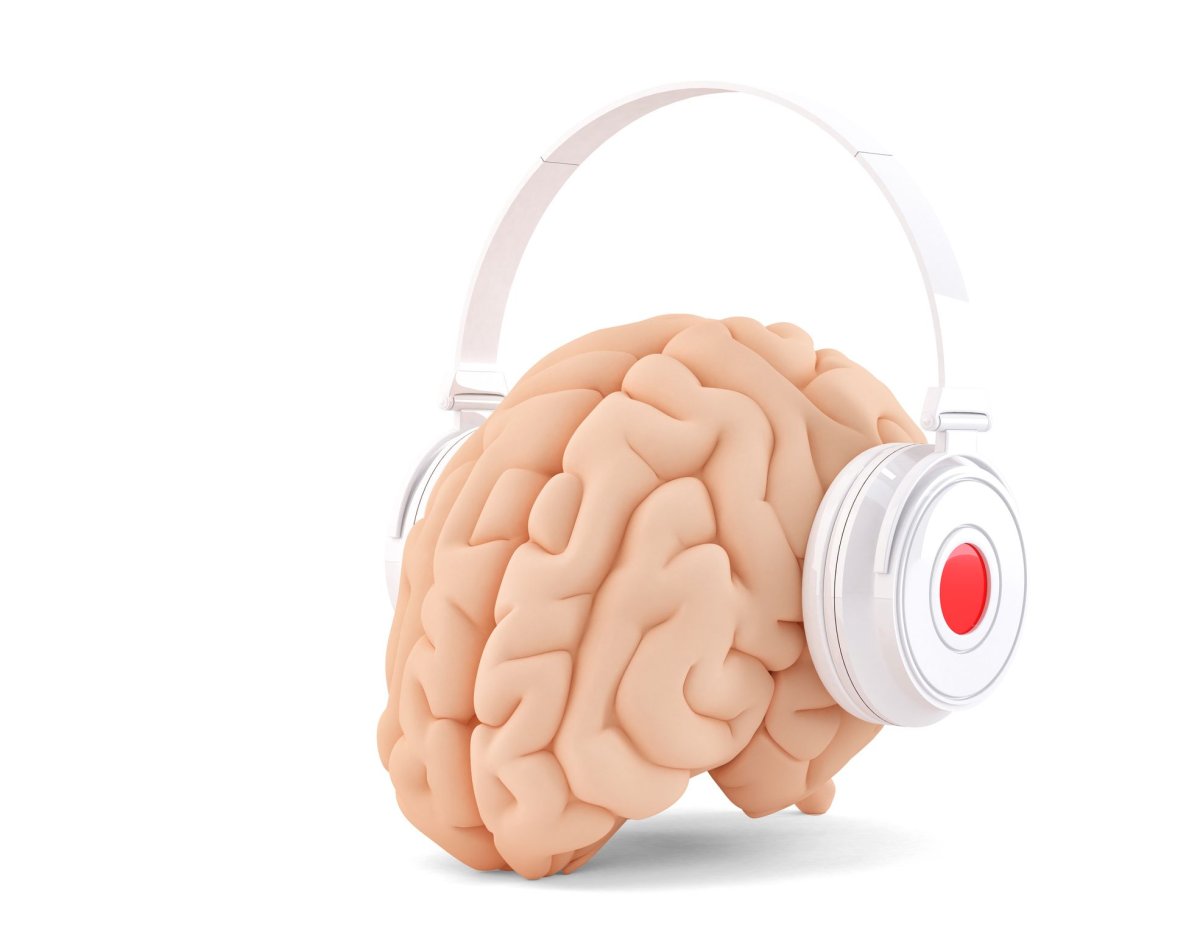Autonomous sensory meridian response (ASMR), is a term used to describe the pleasurable, tingling sensation experienced by many people in response to certain auditory or sensual triggers, such as whispering, tapping and slow hand movements.
Not only does ASMR—whis is sometimes referred to as "brain tingles" or "brain orgasms,"—feel good (to those who experience it), but the response may actually have benefits for both physical and mental well-being, according to a study published in the online journal PLOS ONE, conducted by scientists from the University of Sheffield.
In the past few years, so-called ASMR videos have exploded in popularity online, to the extent that YouTube now hosts more than 13 million of them. These feature people carrying out a host of activities, such as rustling paper, cutting hair or folding towels.
Many people who watch them say they do so to feel relaxed, relieve stress or sleep better. The sensation itself is often described as a warm, tingling feeling that starts at the crown of the head before traveling down the spine and other parts of the body.
But despite its popularity, research into ASMR has been relatively limited.
"Once I found out about the ASMR community and videos on YouTube, I thought that somebody must have done some research on the topic, but I couldn't find anything at that time," Giulia Poerio, from Sheffield's Department of Psychology, told Newsweek. "I had conversations with people about ASMR, and one thing that struck me was how difficult it was for people who didn't experience it to believe it was something 'real'—people can often find it hard to imagine things that they don't experience firsthand."
Poerio continued, "We decided to conduct some basic research to provide a test of whether or not ASMR is a genuine phenomenon in people who say they experience it. We wanted to scientifically test the idea that ASMR is a relaxing experience rather than relying on anecdotal reports, and we took inspiration from the more well-established topic of music-induced chills—the shivers down the spine that some people experience in response to music—to design our studies."
For their study, the researchers examined the physiological changes that occurred when participants watched two different ASMR videos and one non-ASMR video. Half of the people involved in the study were chosen because they said they experienced ASMR. The other half reported that they did not experience the sensation.
The researchers found that those who do experience ASMR had significantly reduced heart rates compared with those who don't experience it when watching ASMR videos. Furthermore, the ASMR group also showed an increase in positive emotions, including relaxation and feelings of social connection, similar to the effects experienced by people when listening to music or practicing mindfulness meditation.

"Our research studies consistently show that ASMR is a relaxing, calming sensation that increases feelings of social connectedness," Poerio said. "Importantly, we found that ASMR videos produce significant reductions in heart rate in people who experience ASMR. So we now have more objective evidence of the idea that ASMR is relaxing. It's not just people telling us that ASMR makes them feel relaxed—their physiology is telling us the same thing too."
The researchers hope that the study will provide the foundation for more research into ASMR, particularly with regard to its potential benefits for sleep and well-being.
"There are many interesting questions that still remain to be answered," she added. "It would be excellent if our research could help to dispel the common misconception that ASMR is a sexual feeling, an idea which we found no evidence for in our research studies."
Uncommon Knowledge
Newsweek is committed to challenging conventional wisdom and finding connections in the search for common ground.
Newsweek is committed to challenging conventional wisdom and finding connections in the search for common ground.
About the writer
Aristos is a Newsweek science reporter with the London, U.K., bureau. He reports on science and health topics, including; animal, ... Read more
To read how Newsweek uses AI as a newsroom tool, Click here.








